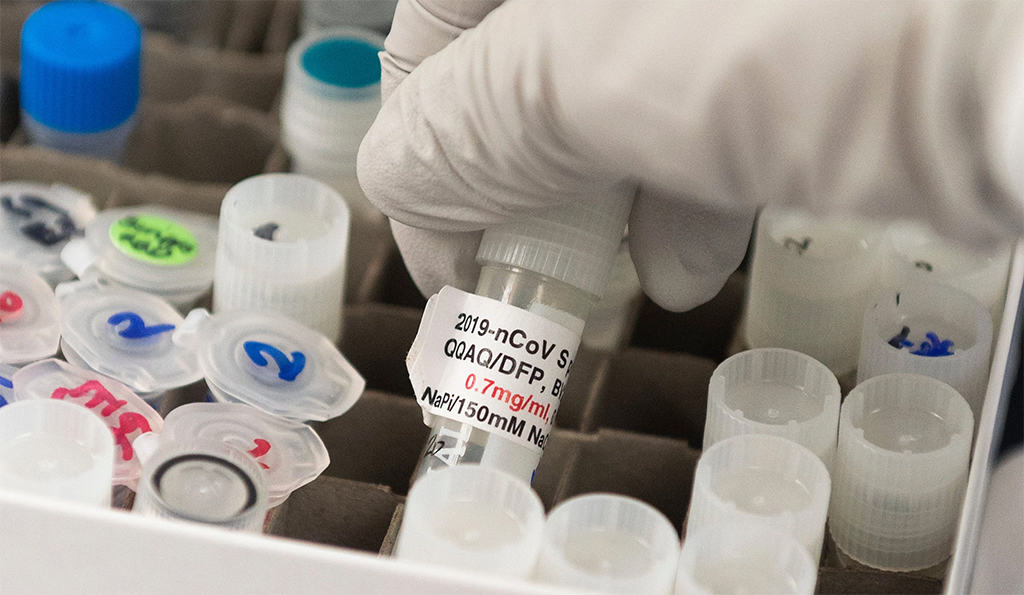by DJ Miller
Sustainable development is development that meets the needs of the present without compromising the ability of future generations to meet their needs as well. However, the needs of the present are vast and often conflicting. Today, technology plays a big role in sustainable development in all of its aspects: social, environmental, and economic. Here are a few ways to utilize technology in sustainable development.
Environmental Sustainability
Everything we need for our survival depends on the natural environment that surrounds us. Environmental sustainability creates and sustains the conditions with which both human and nature can exist in a productive harmony with one another while still being able to maintain social and economic requirements. By maintaining our way of life in a way that doesn’t deplete our resources, we’re ensuring that future generations will also be able to sustain themselves.
Green technology’s goal is to replace practices and methods that damage or deplete natural resources with alternative practices that are sustainable and efficient. By partaking in alternatives like renewable energy, which is energy harnessed from renewable sources like wind, water, and solar, instead of limited sources like fossil fuels, we can cut down on pollution and avoid depleting natural resources.
Other forms of green technology include green building techniques and eGain forecasting. Green building, also known as sustainable building, refers to a structure that is resource-efficient as well as being environmentally responsible. EGain uses weather forecasting to predict how future weather patterns will affect a building’s structure, which can eliminate redundant use of heat, energy consumption and greenhouse gas emission.
By planning ahead, we can eliminate waste and redundancies, which ensures the longevity of our natural resources for future generations.
Economic Sustainability
Economic sustainability entails various strategies that use resources, optimally and responsibly, so that balance can be achieved over a long period of time. There are a lot of ways technology can play a role in economic sustainability. Technological advances in health, business, and environment provide opportunities to communities through the introduction of new jobs and opportunities.
Businesses and industries that utilize green technology and have a minimal environmental impact should be encouraged and supported by communities. Supporting small businesses that use local produce, take part in recycling, and utilize green energy is a great way to stimulate your local economy and reserve resources at the same time.
On a larger scale, participating in sustainable agriculture and fisheries that don’t use pesticides, antibiotics, or hormones on their products, prevents the depletion of natural resources, as well as delivering a product that won’t have long-term effects on your health.
Social Sustainability
Social sustainability covers a lot of ground. Everything from basic human rights and corporate governance, to the more philosophical aspect of an individual’s behaviors and attitude toward sustainability. In order for economic and environmental sustainability to work, they have to first be accepted at a social level. People need to evaluate what is a “want” and what is a “need”, and understand that if they choose the “want” over the “need”, it might have future ramifications. The social status of owning a gas-guzzling Hummer might be more important to them then opting for a hybrid car.
Similarly, it is often more difficult to support small business, or businesses that utilize green energy and sustainable practices because they are either hard to come by, or more expensive. People may choose to go for the easier, more available, and affordable option, and support a business or company that does not have sustainable practices or use green energy. This can be a tough decision to make personally, and financially.
Many people feel it is their right to have the biggest and best of everything available, no matter what the cost. But in order to promote economic and environmental sustainability, social sustainability has to be addressed first. By committing to sustainable practices like turning off lights when you leave a room, not leaving electronics plugged in, conserving water, and recycling, the larger needs like organic agricultural practices and sustainable building will come much easier.
These days, technology plays a big role in all of our lives. The easiest way to promote sustainability on an environmental, economical, and social level is through education. By educating ourselves on what sustainable alternatives we have available in our daily lives, like building materials, food, clothes and common household items, we can make better choices for ourselves and for future generations to come.
Do research into local businesses that have the same ideals and practices that you have. Teach your kids sustainable habits like recycling, and really look at what is a “want” and what is a “need.”






